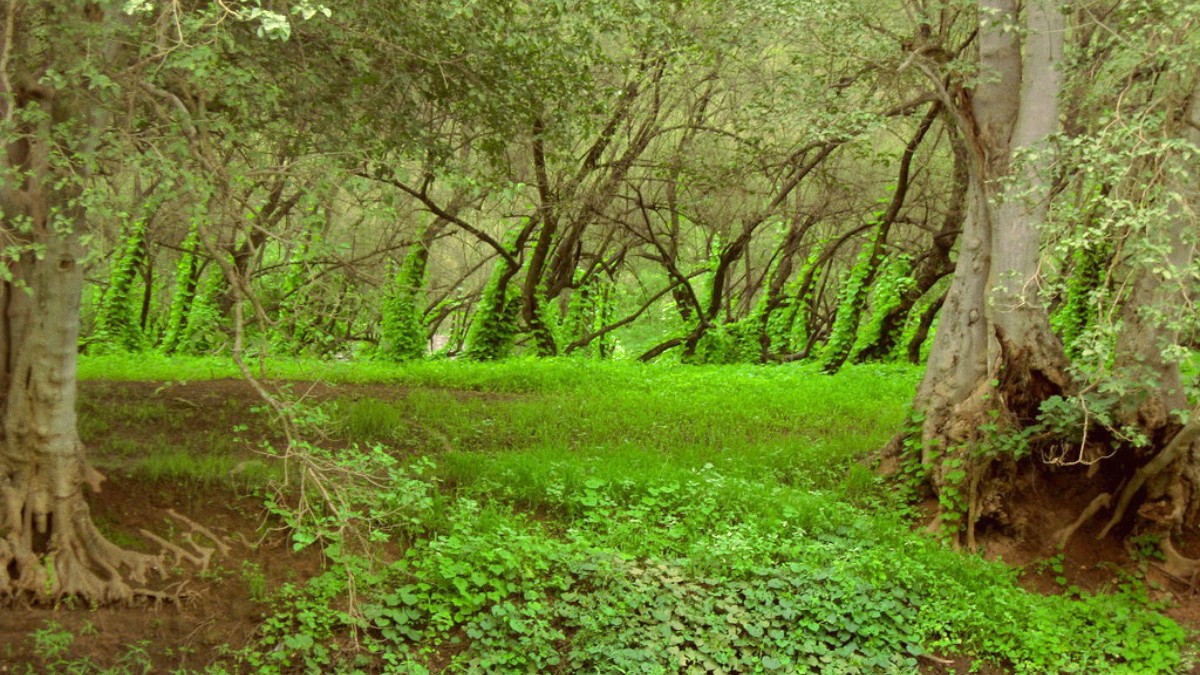
Dhofar, Oman
Salalah experiences a tropical savanna climate, largely influenced by the unique Khareef monsoon. This weather event brings persistent light rain and fog, creating the famous green transformation.
Temperatures drop significantly during Khareef, typically ranging from 20°C to 28°C (68°F to 82°F). Humidity becomes very high, often exceeding 90%. Visibility can be low due to the fog.
Flight prices to Salalah rise during the Khareef season due to high demand, especially from GCC and Omani residents.
Oman's coast, including Dhofar, sometimes experiences tropical cyclones (hurricanes/typhoons) from the Arabian Sea, mostly from May to June and October to November. Monitor weather forecasts during these months.
Khareef: Mid-June to Mid-September
Lush green landscapes, flowing waterfalls, cool temperatures, cultural festivals.
Higher accommodation prices, larger crowds, reduced visibility due to mist.
October to November, March to May
Pleasant weather (October-November), fewer crowds, competitive prices, ideal for beaches and archaeological sites.
Post-Khareef landscape starts to dry; pre-Khareef can be hot.
December to February
Mild, pleasant weather for non-Khareef activities, lower prices and fewer crowds.
The landscape is dry; waterfalls are not flowing.
Plan your visit during the Khareef season (mid-June to mid-September).
Post-Khareef (October-November) and Winter (December-February) offer clear skies and comfortable temperatures for beach activities.
Winter (December-February) for comfortable temperatures.
Year-round, but Winter offers comfortable conditions.
October to April is best for bird watching.
Rare, but can occur in May-June and October-November. Monitor forecasts.
Heavy rainfall can cause wadis to flood rapidly. Do not cross flooded wadis.
Correctly planning your entry into Oman avoids delays upon arrival. Most nationalities need a visa.
The most suitable way for tourists to obtain a visa is through the eVisa system. Apply online through the Royal Oman Police (ROP) eVisa portal.
Ensure you have all necessary documents ready for a smooth entry process.
The Omani Rial (OMR) is the currency, subdivided into 1000 Baisa. The Omani Rial is pegged to the US Dollar, with 1 OMR roughly equivalent to 2.60 USD.
No specific vaccinations are required for entry to Oman for most travelers, unless arriving from a Yellow Fever risk country.
Consult your doctor 4-6 weeks before travel for routine vaccinations (MMR, DTP), Hepatitis A/B, Typhoid, and Rabies (if extended outdoors/animals).
Consult national health advisories for the most current information before your trip.
Heatstroke, Dehydration, Sunburn, Mosquito-borne illnesses.
Drink plenty of bottled fluids, wear light clothing, avoid strenuous activity during midday heat. Use high-SPF sunscreen, wide-brimmed hat, and sunglasses. Use insect repellent, specifically at dusk and dawn.
Traveler's diarrhea can occur. Drink only bottled or purified water. Eat thoroughly cooked food. Avoid raw fruits and vegetables that cannot be peeled or washed with safe water. Avoid stray animals.
Seek immediate medical attention for any animal bite.
Salalah has several public (Sultan Qaboos Hospital) and private hospitals (Badr Al Samaa). Medical facilities are generally good. Pharmacies are readily available.
Dial 9999 for police, ambulance, or fire. Tourist Police: 800 77 999 (for general information).
Tap water in Salalah is generally not safe for drinking. Stick to bottled water.
Oman, including Salalah, has a very low crime rate and ranks among the safest countries globally. Violent crime against tourists is extremely rare. Petty theft is uncommon, but standard precautions apply.
Travel insurance is highly recommended for all visitors to Oman, covering medical emergencies and evacuation. Verify policy covers planned activities.
Police, Ambulance, Fire: 9999. Tourist Police: 800 77 999. Keep your embassy/consulate contact details ready.
Carry a small laminated card with emergency numbers and your hotel address. Share itinerary with a trusted contact back home.
SafetyWing (for digital nomads). Insubuy (medical/travel coverage).